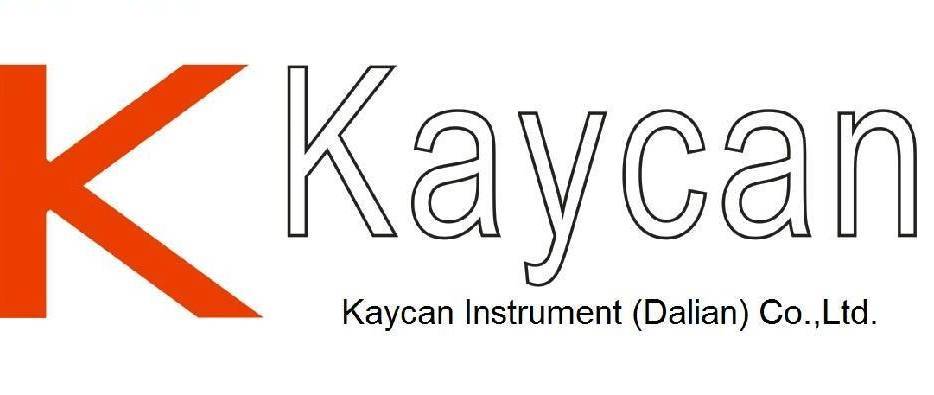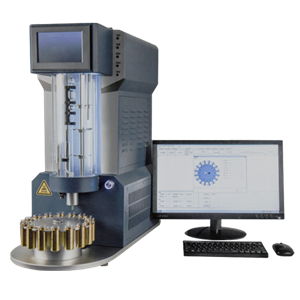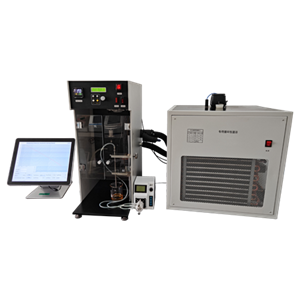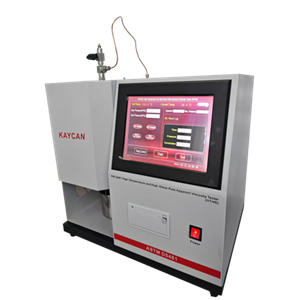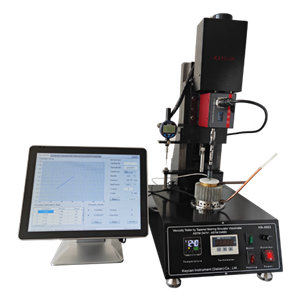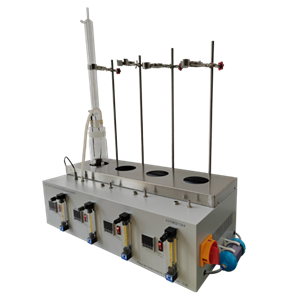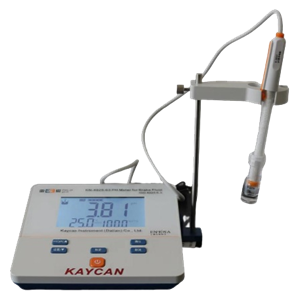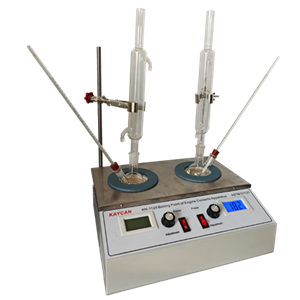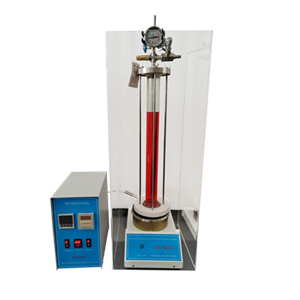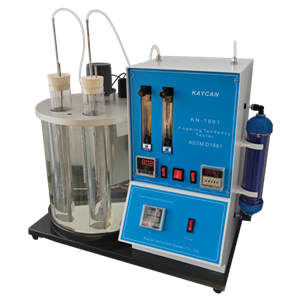-
ASTM D1384 Corrosion Test For Engine Coolants In Glassware
this test method will generally distinguish between coolants that are definitely deleterious from the corrosion standpoint and those that are suitable for further evaluation.however, the results of this test method cannot stand alone as evidence of satisfactory corrosion inhibition. the sctual serivice value of an engine coolant formulation can be determined only by more comprehensive bench,hynamometer,and field tests
Send Email Details -
ASTM D1287 PH Meter
KN-1287 PH Meter conforms to ASTM D1287 Standard Test Method for pH of Engine Coolants and Antirusts and ASTM D1121 Standard Test Method for Reserve Alkalinity of Engine Coolants and Antirusts. pH is a measure of the hydrogen ion concentration and indicates whether an engine coolant, or a solution of these compounds is acidic, alkaline, or neutral. The pH range includes values from 0 to 14. Values from 0 to 7 represent the acidic half of the scale. Values from 7 to 14 represent the alkaline or b
Send Email Details -
ASTM D1120 Boiling Point Of Engine Coolants
The equilibrium boiling point indicates the temperature at which the sample will start to boil in a cooling system under equilibrium conditions at atmospheric pressure.
Send Email Details -
ASTM D4340 Corrosion Of Cast Aluminum Alloys In Engine Coolants
It is essential that engine coolants prevent heat-transfer corrosion of aluminum cylinder heads during engine operation. Any corrosion products formed may deposit on interior radiator surfaces, reducing heat-transfer efficiency of the radiator. Overheating and boil-over of the cooling system may then occur
Send Email Details -
ASTM D1881 Foaming Tendencies Of Engine Coolants In Glassware
The test method generally will distinguish coolants that have a tendency to foam excessively from those that are suitable for further evalution to determine performance in actual service
Send Email Details
